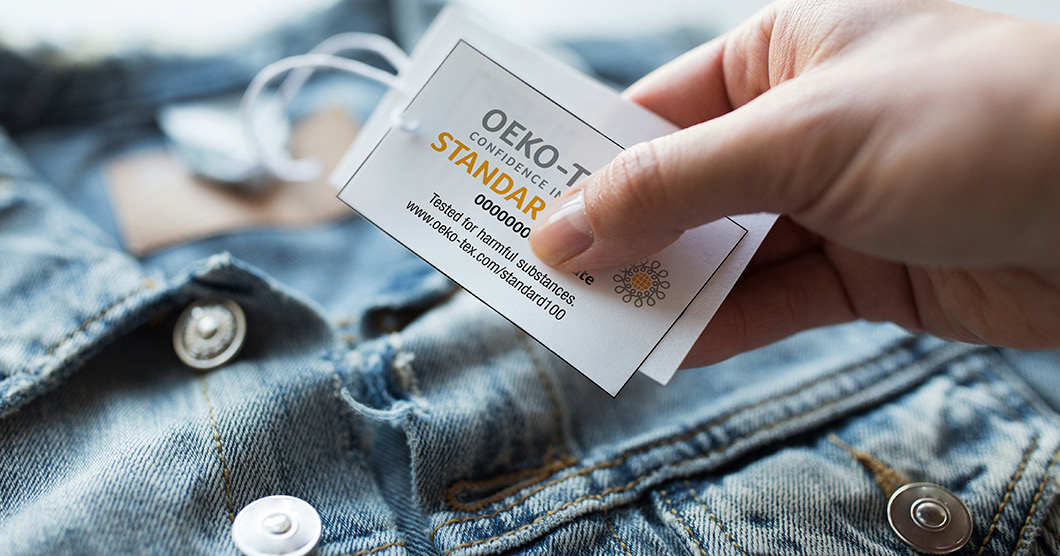
In its latest fiscal year from July 1, 2022, to June 30, 2023, OEKO-TEX® , the esteemed sustainability standards certification organization, has achieved remarkable growth by issuing over 43,000 certificates and labels. This impressive figure signifies a substantial 21 percent upswing compared to the previous fiscal year.
One standout performer among OEKO-TEX®'s array of certifications and labels is the "Made in Green" product label, boasting an exceptional growth rate of 52 percent. Additionally, OEKO-TEX® introduced two novel certificates during this fiscal year, both designed to foster cooperation across various stakeholders within the global supply chain:
OEKO-TEX® Responsible Business Certification: This certification extends support to textile and leather companies in their mission to mitigate adverse impacts stemming from internal business operations, supply chains, and broader business relationships. Notably, it offers a valuable tool enabling businesses to address due diligence requirements, thus aligning with increasing global expectations for responsible corporate practices.
OEKO-TEX® Organic Cotton Program: This initiative empowers brands to collaborate with a global network of certified companies, overseeing every step from cultivation to the finished product. It streamlines the sourcing of chemicals, materials, and business partners in a sustainable manner.

Fostering Sustainable Partnerships and Milestones
Over the past year, OEKO-TEX® has actively fostered partnerships with multi-stakeholder initiatives, emphasizing inclusivity of diverse perspectives. One notable partnership emerged with the ZDHC Foundation in the Netherlands, aimed at promoting sustainable chemical management. Furthermore, OEKO-TEX® has solidified its commitment to sustainability and ethical practices by becoming a part of the ISEAL community, a network overseen by the London-based ISEAL organization.
During this recent fiscal year, OEKO-TEX® implemented a comprehensive ban on the use of per- and polyfluorinated alkyl substances (PFAS) in textiles, leather, and shoes certified under the Standard 100, Leather Standard, and Eco Passport labels.
An additional milestone was reached as OEKO-TEX® surpassed 1,000 STeP-certified production facilities. This achievement lays a robust foundation for the organization's sustained growth in the years to come, reaffirming its commitment to advancing sustainability across the textile industry.